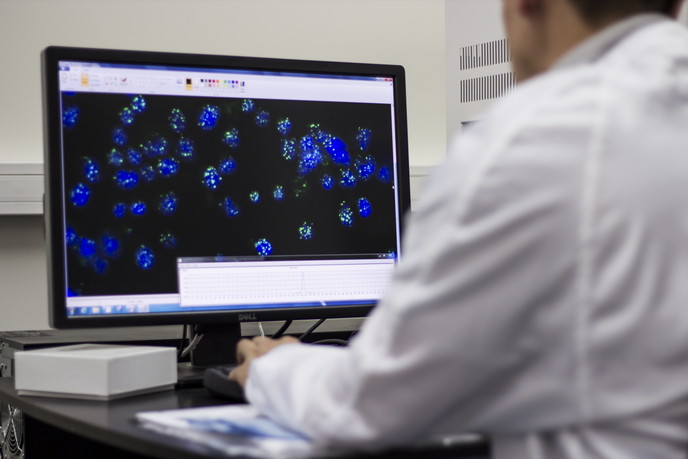Shedding light on platelet-related diseases
Diagnosing low platelet levels could mean the difference between life and death for some patients at risk of cerebral bleeds. Current research is therefore focused on the development of novel, fact diagnostic products, which can accurately detect the condition and overall have a favourable impact on related conditions. EC-funded PLATELETS project aimed to develop platelet diagnostics thus reducing the potential incidence of cerebral bleeds. Project partner, University of Heidelberg, worked on the analysis of P-selectin. P-selectin is a cell adhesion molecule present in the activated platelet cells and thus important in the overall function of these cells. The studies compared the genes involved in the P-selectin production between healthy individuals and those suffering from coronary heart disease (CHD). CHD patients showed genetic variations in the corresponding genes, possibly linked to the disease. As low platelet levels are sometimes attributed to self-antibodies "attacking" these cells, studies also focused on the role of genetic polymorphisms and the emergence of alloantigens. Alloantigens can essentially wrongly instruct the immune system to attack self. Indeed, P-selectin variants were considered as likely candidates as possible alloantigens. Further research is needed in order to create diagnostics able to detect the presence of antibodies to such alloantigens and thus warn about possible drops in platelet counts.







